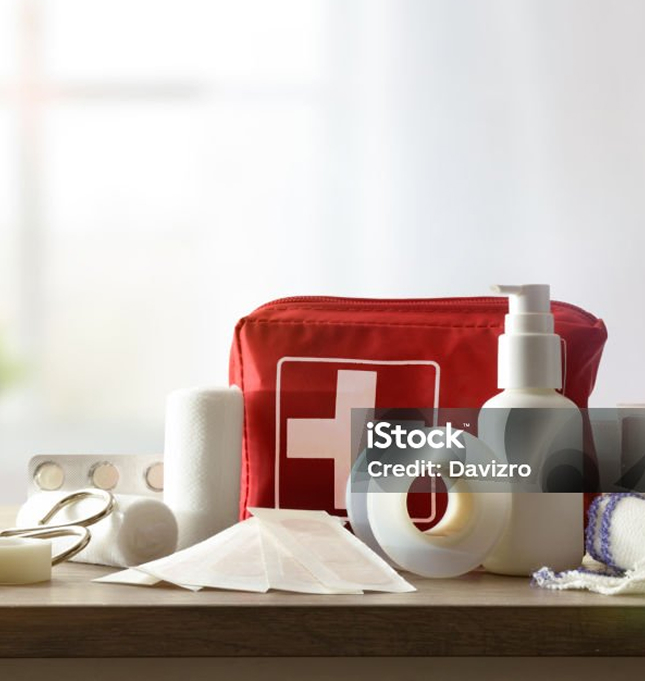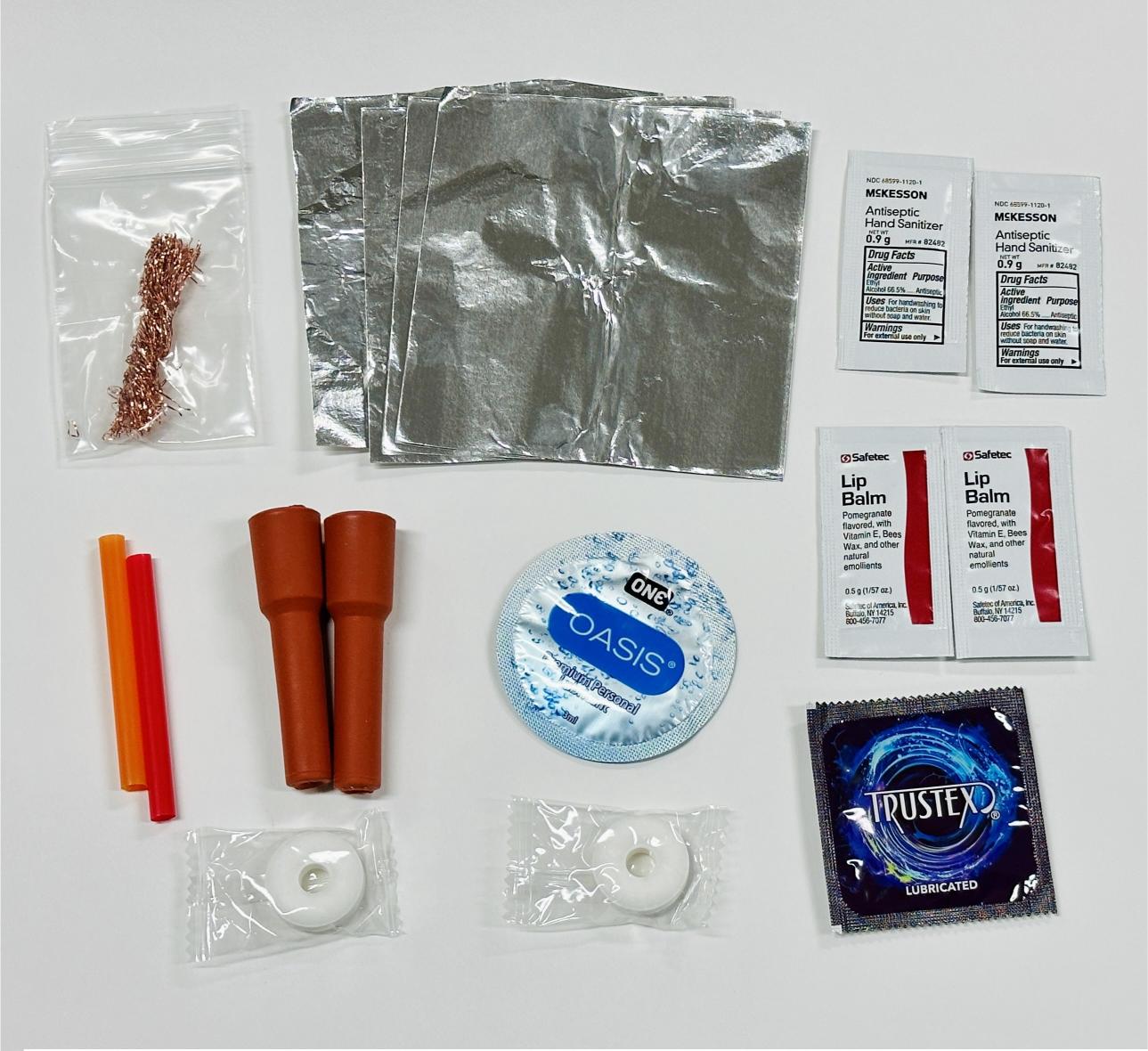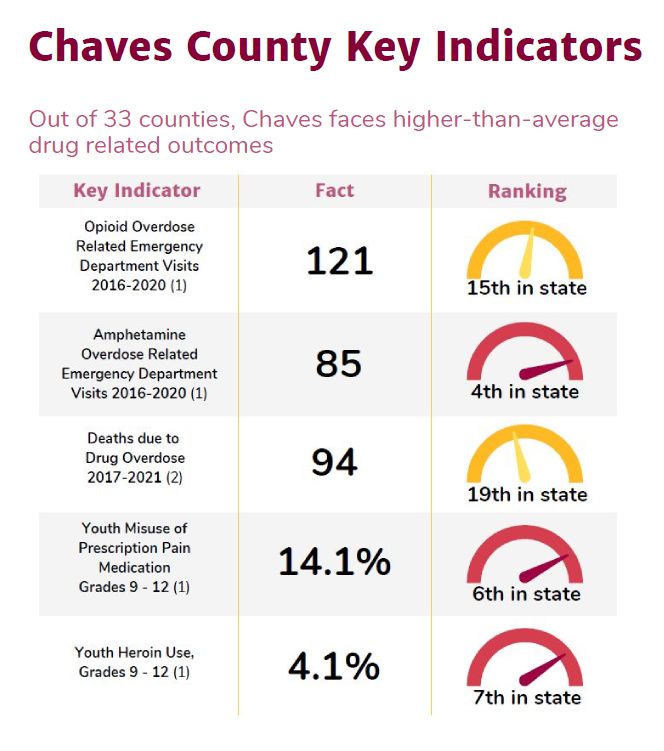 Our Mission
Our Mission
Alianza’s Mission is to empower hard-to-reach, vulnerable, and underserved populations through education and supportive services aimed at working with everyone we serve to achieve better outcomes and higher quality of life.
The Harm Reduction Program uses evidence-based best practices to reduce substance-related harm while enhancing individual, family, and community wellness. We help members of our community learn about and access supplies and information that helps them stay safer.
We provide stigma-free, compassionate harm reduction education and supplies.
Syringe Disposal and Distribution Services:
Alianza offers a safe place for those who need to dispose of used and receive clean syringes. Services are free and available in both Roswell and Las Cruces.
To learn more about how to safely dispose of syringes click here
Alianza Safe Use Kits minimize and prevent the spread of Hepatitis, HIV and other infectious diseases, and decrease other negative health outcomes experienced by people who use substances. They are developed in partnership with the New Mexico Department of Health, and provided to harm reduction providers across the state.


- Safer Smoking kits include mouth pieces, filters, mints, straws, foil, and hand sanitizer.
- Intravenous Drug Use kits have cookers, cotton pellets, triple antibiotic, gauze pads, minds, tourniquets, bandaids, BZK wipes, and straws.
- Snorting kits have blank cards, straws, bump spoons, and a safety razor.
- Wound Care Kits include bandaids, triple antibiotic ointment, hand sanitizer, gauze, BZK wipes, and lip balm.
Did you know that other examples of harm reduction include using seatbelts, sunscreen, and bike helmets?
Learn more about the public health principles of harm reduction
How to use Naloxone/Narcan
 Overdose
Overdose
Prevention
Alianza provides FREE Narcan and training on how to identify, respond to, and reverse an overdose. Community members can access these lifesaving supplies and training to help prevent overdoses in their communities. We also provide FREE test strips for Fentanyl and Xylazine that can indicate if unwanted chemicals are present in used substances to lessen the risk of overdosing.
If you are located in one of our service areas contact us to request training for you and other members of your community.
Request Training
 Medically Assisted Treatment (MAT)
Medically Assisted Treatment (MAT)
This specialized navigation program is designed to help community members enter treatment by removing barriers to substance use treatment services.
MAT includes personalized case management to help clients enter the right level of treatment for their unique substance use recovery needs. We work closely with other providers across our community to help clients navigate the system of care. Clients complete relapse prevention plans, work on goals related to substance use and other goals they have for their lives. If additional needs are identified, we provide referrals for services such as housing, food, transportation, healthcare, behavioral health, dental care, disability support, income assistance, and more.
 Adulterant Checking Services
Adulterant Checking Services
Also known as Drug Checking refers to services that provide a general chemical analysis to identify any unexpected or unwanted substances. If you or someone you know has experienced and overdose more information about what is in your supply may help you keep yourself and others safe.
All testing is FREE, CONFIDENTIAL, and LAB CONFIRMED. We can test pills, powders, residue, baggies, or cottons.
Free Testing
Confidential
Lab Confirmed



 Helpful Information
Helpful Information
Harm Reduction
The first principle of harm reduction is acceptance. For better or worse the realities of substance use is part of our reality and we CAN work to decrease the harms to individuals, families, and our communities. Condemning or ignoring this shared reality does not work to improve our communities. Learn more about how this is impacting our community by visiting 100% Chaves County.
Drug use and addiction are complicated conditions of social, emotional, behavioral, and physiological factors. Drug use should be considered a continuum of behaviors and experiences from weekend partying to chronic dependence. Not all drug use is the same. People who use drugs are people first and deserve to be treated with dignity and respect.
Learn more about the Principles of Harm Reduction and how to be an advocate for better community outcomes.
NEVER USE ALONE
A National Overdose prevention response line that people can access if they are using by themselves and have no one to call for help!
Call 800-484-3731 or 877-696-1996 for 24/7/365 live support!
Learn More at neverusealone.com
What is opioid use disorder/substance use disorder assistance?
Opioids can be used in many ways, some of them illicit and some of them as medically prescribed. When use of opioids leads to clinically significant impairment or distress it is considered disordered.
It is marked by 2 of the following over the past 12 months:
- Using opioids at higher doses or for a longer period of time than recommended or prescribed
- Unsuccessful attempts to control or reduce use
- Significant time spent/lost obtaining, consuming, or recovering from substances (meeting with multiple doctors to get refills for prescriptions that are no longer considered clinically required, lost days of work due to feeling sick or being hungover, etc)
- Cravings for substances
- Failure to fulfill obligations because of substance use
- Persistent social or interpersonal problems caused by substance use
- Substance use displaces social, work, or recreational activities
- Using in hazardous situations (DUI/DWI)
- Continued use despite physical or psychological problems caused or worsened by substance use (Dr. warning that continued use will lead to permanent medical issues, repeated hospitalizations, chronic or worsening medical conditions)
- Developing a tolerance: no longer experiencing the desired effects of the substance, leading to increased use or dosage (in patients taking opioid prescriptions taking more pills or seeking illicit sources of opioids, in problem drinkers increased binge drinking or needing to drink more for the same effect)
- Withdrawal symptoms are experienced when the substance use stops
MAT Navigation services help clients identify a provider that can support them to access treatments supported by medications to help them on their healing journey.
HIV and STI/STD Prevention Program Helpful Information
What does U=U mean?
Undetectable = Untrasmittable means that people with HIV who are undergoing treatment and maintaining an undetectable viral load CANNOT transmit HIV to others!
What is PrEP and how does it work?
PrEP, or pre-exposure prophylaxis, is medicine people at risk for HIV take to prevent getting HIV from sex or injection drug use. PrEP can stop HIV from taking hold and spreading throughout your body. Currently, there are two FDA-approved daily oral medications for PrEP. A long-acting injectable form of PrEP has also been approved by the FDA.
PrEP may benefit you if you test negative for HIV and any of the following apply to you:
- you have had anal or vaginal sex in the past 6 months, and you:
- have a sexual partner with HIV (especially if the partner has an unknown or detectable viral load), or
- have not consistently used a condom, or
- have been diagnosed with an STD in the past 6 months.
Or
- you inject drugs and
- have an injection partner with HIV, or
- share needles, syringes, or other injection equipment.
Or
- you’ve been prescribed PEP (post-exposure prophylaxis) and you
- report continued risk behavior or
- have used multiple courses of PEP
You may choose to take PrEP even if the behaviors above don’t apply to you. Talk to your health care provider.
Learn more about why you might consider taking PrEP
Where can I get PrEP?
PrEP Daily is a nation-wide program that helps people find the best PrEP option for them!
- What is HIV?
- How is HIV transmission prevented?
- Risk Factors of HIV Transmission
- The Future Outlook of HIV Treatment

 Make a Difference—
Make a Difference—
Get Involved Today!
Your voice matters. Your support saves lives. Whether you give, advocate, or simply spread the word, you're fueling change in our communities. Every action—big or small—moves us closer to health equity and hope.

